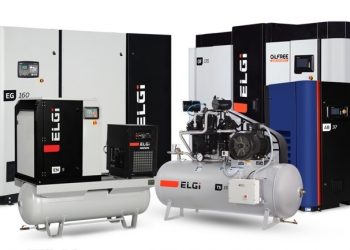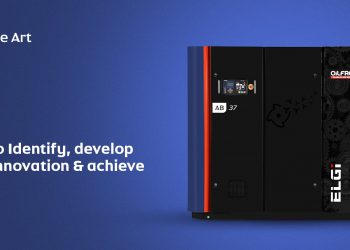In High Spirits
Modern wineries are improving process quality and speed with pneumatic equipment powered by compressed air.
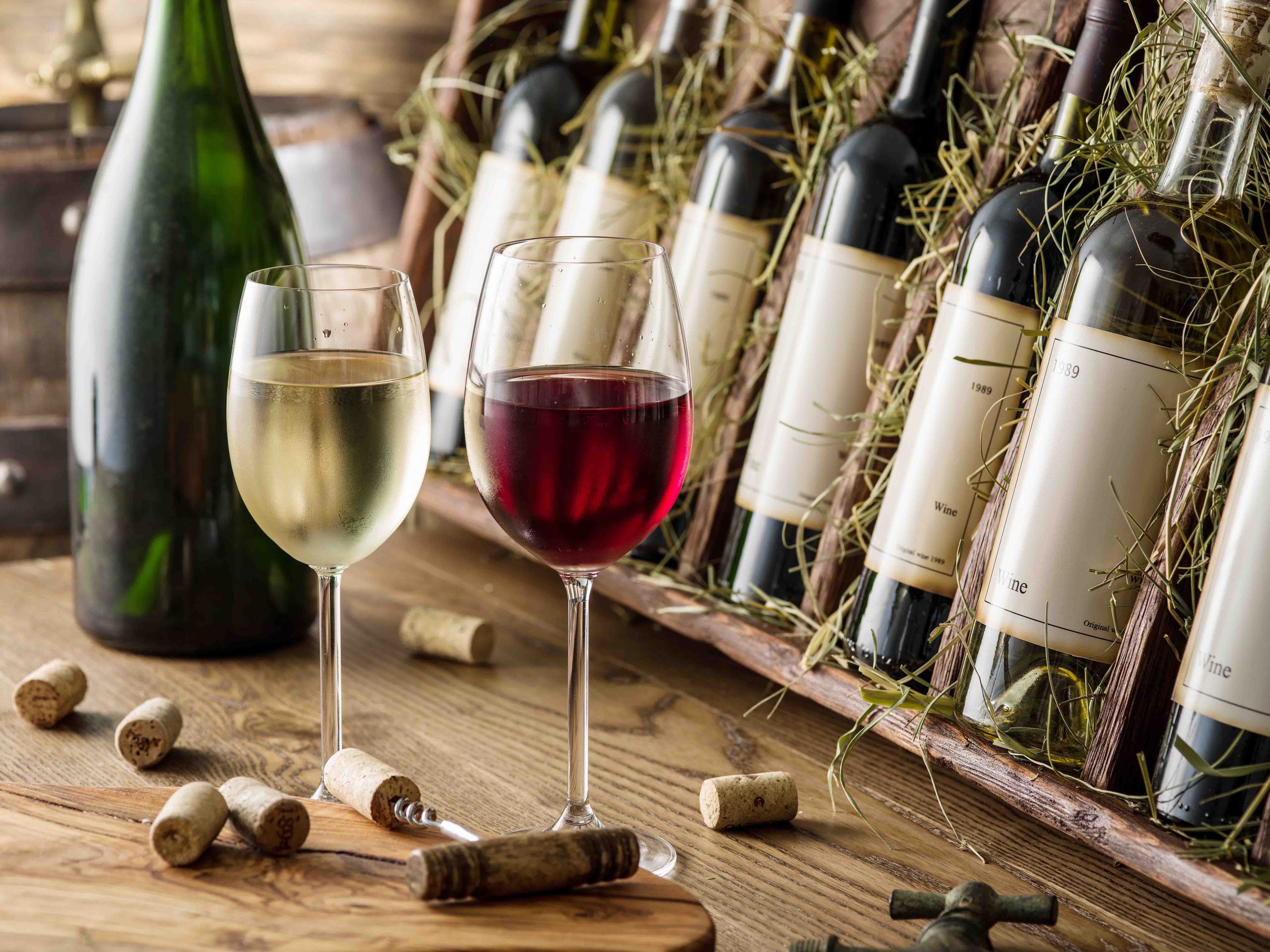
Some experts say that the history of the world is the history of wine. American wine historian Paul Lukacs in his book ‘Inventing Wine’ recounts eight millennia of history behind the wine we drink today.
In the ancient world wine was used for religious rites. As the Christian era came around, wine became a part of secular life. In the Middle Ages wine was savoured for its nutritional benefits. Besides, it was far safer to drink wine than plague-ridden water. Wine was so popular in the Middle Ages that it competed with beer. From the drink of the masses, it became the darling of the upper-class in the mid-19th century. However, due to vine disease and two world wars, there followed a significant dip in the consumption of this spirit. However, the 20th and 21st century saw yet another resurgence of wine assisted by a technological revolution.
For generations, winemakers resisted technology and modern techniques, as they looked at change with suspicion and kept the old traditions alive. Even today, the traditional method of grape-stomping, or the act of crushing grapes with feet, is probably one of the most iconic images of wine making. But it’s time to retire that image from our memory as winemakers today have switched to pneumatic presses to extract juice from grapes. Modernisation is sweeping through wineries that are using automatic or semi-automatic processes to improve the process quality, reduce waste, cut costs and increase production.
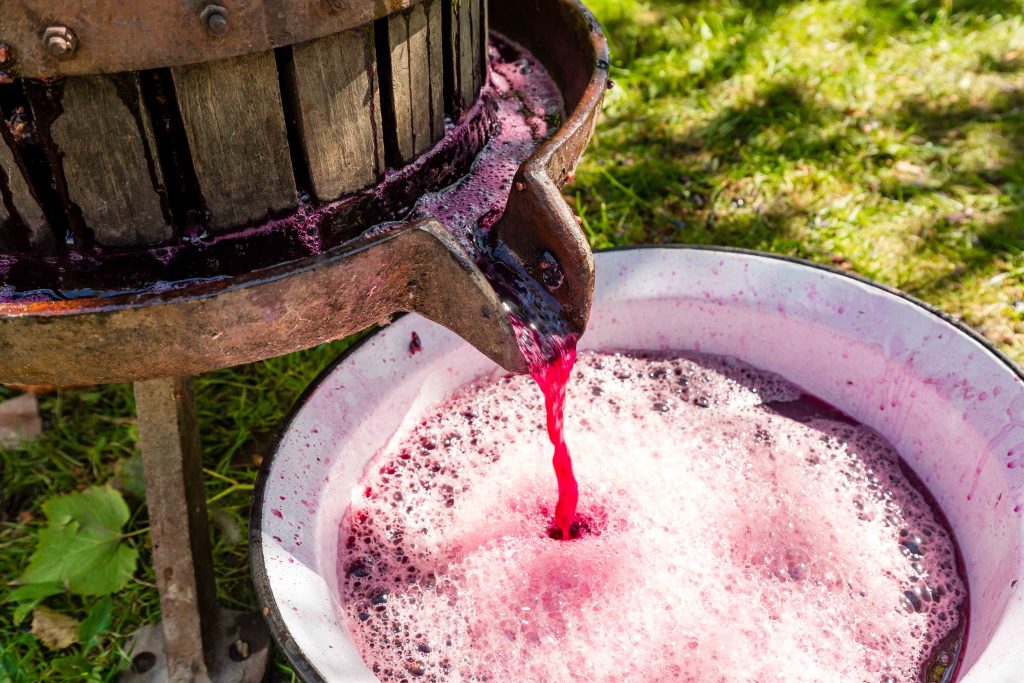
India is relatively new to wine growing, but it has taken big strides of late in both wine production and appreciation. One of the early entrants that created a strong brand in the market is Sula Wines. When Rajeev Samant founded Sula Vineyards in Nashik in 1999, producing wine in India was a nascent trend. Today, Sula grows its grapes in vineyards either owned by the company or contracted with a total area of over 3,000 acres. The company operates two wineries in Karnataka and Maharashtra with a total capacity of 12 million litres. Sula sells over 20 varieties of wines.
Wine making involves five major stages – harvesting, crushing and pressing, fermentation, clarification, and aging and bottling. Compressed air finds application in all stages, literally from the vine to the wine!
Though traditionally grapes are picked by hand, vineyards nowadays use machine harvesters. The harvested grapes are sorted and then taken to the winery where they are de-stemmed and crushed with the help of pneumatic equipment.
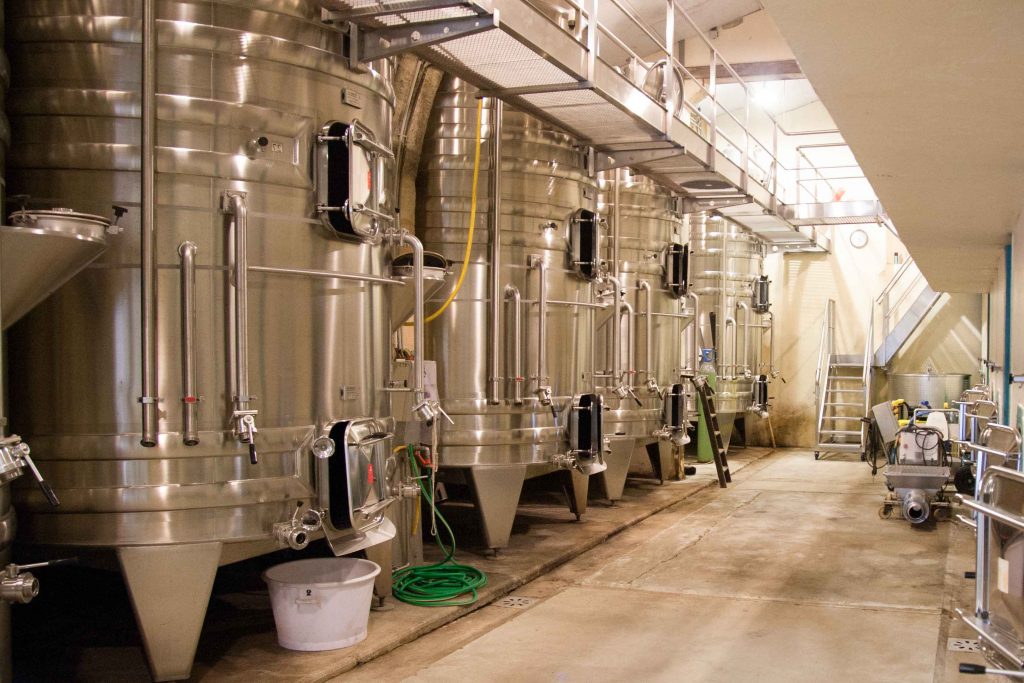
Filling machines are also powered by pneumatic valves with compressed air to lift the bottle and fill it to the desired limit. The filled bottles are then transported through a conveyor belt to another section where the bottle caps are closed through a pneumatic operation. In the case of sparkling wines, compressed air is used to wrap the foil cover over the cap of the bottle. The last process involves labeling the bottle in which compressed air is used to stick the labels onto the bottles.
Sula has either fully or semi-automated pressing and crushing and bottling processes. Compressed air helps Sula maintain the quality and speed of production to meet the demands of a growing business.
Sula has been using ELGi screw compressors for the past 15 years for these operations. “The quality of compressed air is critical for our operations. If there is any remnant of oil in the compressed air, it will affect the quality of the product. If there is any moisture in the compressed air, the blower we use for labeling will not work efficiently,” explains Mr. Sisir Paul, VP – Operations.
The ELGi screw compressors at the Sula wineries are fitted with oil filters to ensure there is no oil particles in the compressed air line. “With high quality of compressed air that we receive from the ELGi compressors, we have been able to maintain the quality of our processes. With these compressors, we can speed up production, minimise waste and ensure we get the same quality product in every batch of wine we produce at the winery,” said Mr. Sisir Paul, VP – Operations. The company is now considering upgrading to oil-free screw compressors from ELGi that are ideal for the wine industry and are low on maintenance.
One of the best practices in wine tasting is to air out your wine before drinking it. Who knew using air in its manufacturing would be a best practice too?

